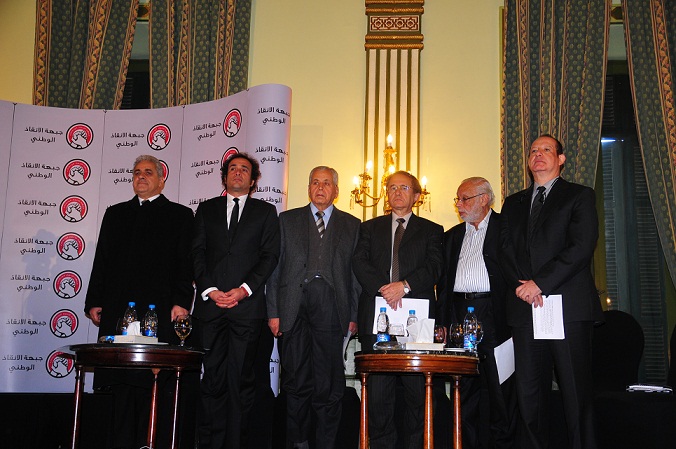KOMBOHA: Eva Habil has just become Egypt s first female mayor but already she seems relaxed in her pioneering role as she strolls around her community clad in jeans and a pink sweater.
She will be a good leader, just like her ancestors, says Jamil Guirguis, an elderly man wearing the traditional white galabiyah robe, who made a point of climbing off his donkey to greet the new mayor.
And besides, a woman is in power in Germany, he adds.
Habil, a 53-year-old Christian lawyer, beat five male candidates, including her younger brother, to become mayor of the predominantly Coptic Christian town of Komboha in southern Egypt.
The appointment of a woman to the top civic role in the community of stockbreeders, defying the trend in the increasingly conservative Muslim nation, was confirmed by the interior ministry in November.
I don t believe it. I am the first woman mayor of Egypt, she says as a band of children swarm around her, smiling in admiration.
My father was mayor (of Komboha). I was born here. I was not parachuted out of nowhere, said Habil. She admits, however, that the older generation supported her more than the young of the town of 10,000 people.
Her appointment has certainly shaken the norms in Egypt, where women lag far behind men in politics.
Although Egypt was the first Arab country to give women the franchise in 1956, their progress in the public sphere has been slow over the decades amid increasing conservatism.
Today there are only nine female MPs in Egypt s 454-seat parliament. Four were elected while the five others were appointed under presidential decree.
Habil s nomination as mayor echoes a long tradition in rural Egypt that administrative positions are handed down from father to son, even if this time the daughter got the top job.
My mother was unhappy when I was born because she had wanted a boy, the new mayor recalled.
As a woman, and a Christian at that, Habil knew she would have to face up to huge challenges as she battled her way into the male-oriented politics of Egypt, a Sunni Muslim dominated country.
When I was a student at Ain Shams University in Cairo in the 1970s, mini-skirts were in fashion and the emancipation of women was on the horizon, she said.
But Islamic revival more than three decades ago shattered her youthful hopes and those of her secular Muslim friends.
My Muslim friends and I felt the shock waves, she said.
While a growing number of Muslim women from all walks of life opted for wearing scarfs to cover their heads in keeping with a religious dress code, Christians wore crosses to set themselves apart.
Copts began wearing chains with huge crosses in reaction, to the Islamic revival, said Habil who insists that citizenship should prevail over religious differences.
We must, first and foremost, proclaim ourselves Egyptians.
Egypt s Copts – the largest Christian community in the Middle East – account for an estimated six to 10 percent of the country s 80 million inhabitants.
Tensions often run high between Egypt s Muslim and Christian communities.
Fearing that Egypt s small secular opposition parties were being flouted by the influential Muslim Brotherhood opposition group, Habil joined the ruling National Democratic Party of President Hosni Mubarak.
In recent days, party members like Amal Abdel Gawad have come to Komboha, a village located between the fertile banks of the Nile village and arid desert mountains, to congratulate Habil.
Abdel Gawad wears a niqab, a veil that covers her entire face except for her eyes, and gloves on her hands.
Her husband Wahid has accompanied her and cuts in when she is asked if she would like to emulate Habil and become a mayor one day. I won t allow it. I am her husband.
Unmarried Habil admits that things are moving slowly for women in the male-dominated society.
I am the first woman mayor, but believe me there will be others, she said, pointing to a group of young girls around her.

